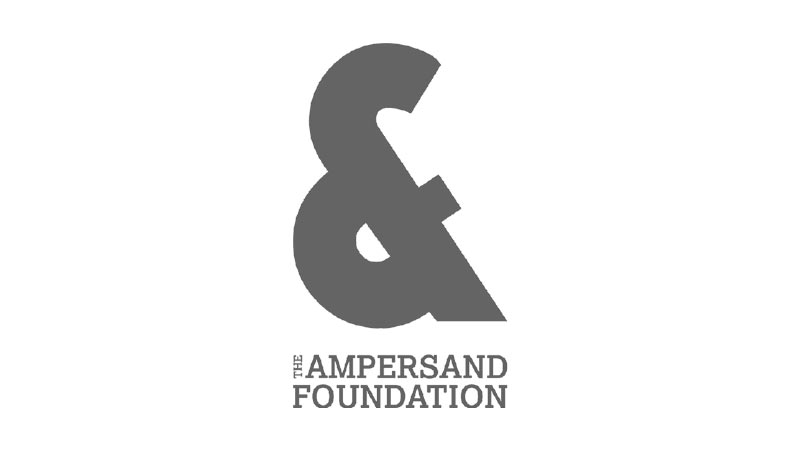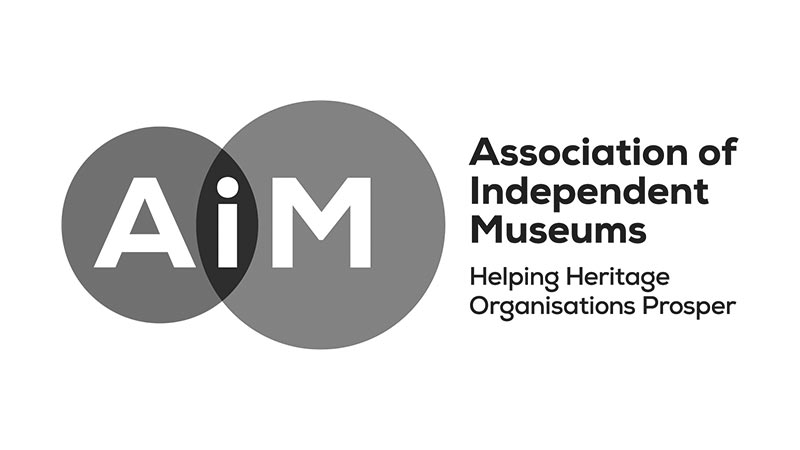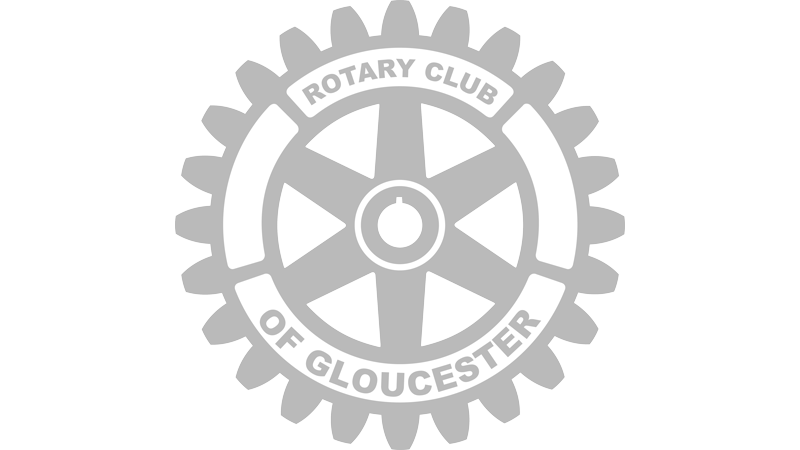Karimeh Abbud: The first Palestinian female photographer short documentary.
Running time: 10 mins
Karimeh Abbud (1893-1955)
Palestinian photographer
Karimeh was a Palestinian photographer who was born in Bethlehem, later moved to Jerusalem and died in Nazareth.
She was unknown to historians and photographers until the late 1980s, and in 2007 Ahmad Mrowat, a contributor to her published work, through research contacted an Israeli collector, Boki Boaz, who had acquired over 4,000 of Karimeh’s photographs collected individually over decades and found in houses raided during the Nakbah of 1948.
This connection helped piece together a picture of Palestinian culture and heritage and to redress the enormous loss of identity suffered as a result of the Israeli suppression of all visual documentation.
The first professional Arab and Palestinian female photographer, revolutionising portraiture and landscape photography, Karimeh made a living from her art and stood out from the all-male photographers of her time. She presented a new narrative of Palestinian society and travel before 1948. Breaking away from the European photographic style and tradition, with its enthusiasm for the exotic and the sacred, which had been perpetuated up until then, she wanted to show Palestine as it was.
She captured the middle classes appearing ‘normal’, and thus destroying the European spread of misconceptions regarding real Palestinian life, perceived as unworthy of attention.
Being female gave her an advantage, as she was permitted into the most conservative of homes, which enabled her work to reflect her subjects at ease in their own milieus, her male counterparts unable to enter into such environments.
Karimeh used to travel frequently to photograph in Bethlehem, Jerusalem, Tiberias and Haifa and the surrounding villages, places others rarely went to. She transported her equipment by car and was probably one of the first women to own a car and a driving licence.
She took many pictures of beaches, markets, mosques and churches, providing a unique glimpse of Palestinian life, including of cities, villages and landscapes that flourished in the early part of the 20th century, and that no longer exist today.
Supporting the Palestinian struggle against Zionist settlement, she was equally against the British mandate.
She advertised herself as the ‘Lady Photographer’, and also a ‘National Photographer’ to reinforce the idea that Palestine was much more than a conglomeration of several sectarian groups.
Ahmad Mrowat said that the discovery of visual artists such as Karimeh, whose vast portfolio of portraits and landscapes, contradicts Zionist propaganda that, ‘Palestinians before 1948 were uneducated brutes devoid of culture’.
Through her work Karimeh reveals Palestine’s true culture, she provides pictorial documentation of Palestinian life, and is one of the first photographers that could be called a documentarian. She provides us with a historical record of Palestinian lives from the early 1920s to 1930s and through using the emerging cutting-edge technology she challenged and changed the perceptions of her time.
By Hannah Ahmed











